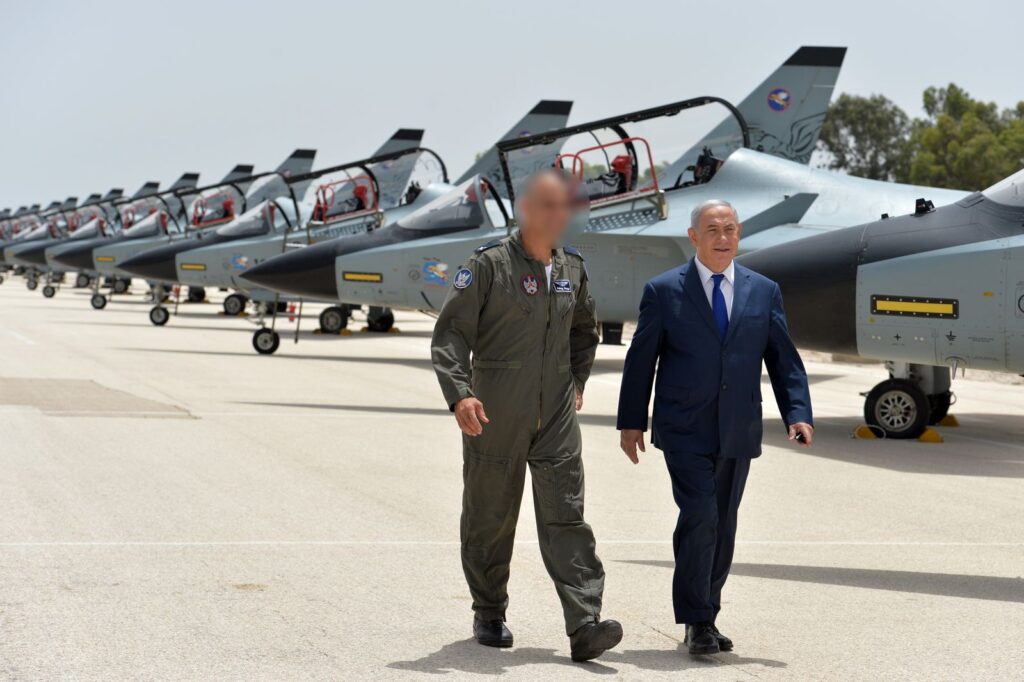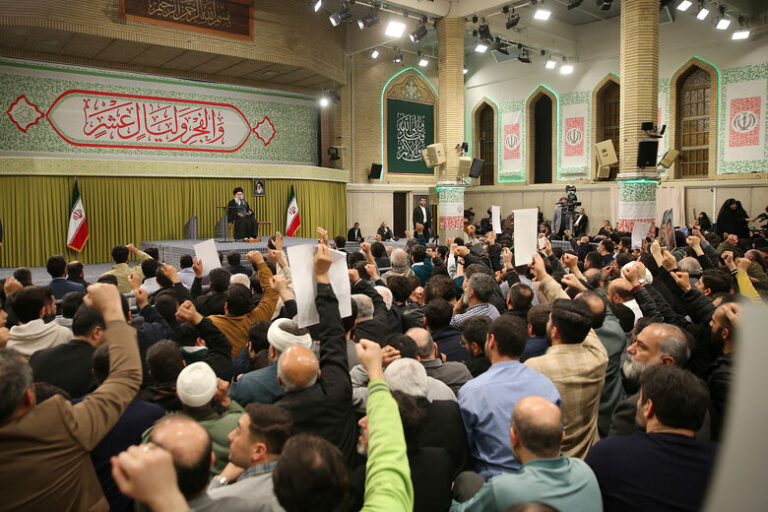What Israel has achieved in Iran in just one week seems to belong in a movie—making it more tempting than ever to push to overthrow the Islamic Republic once and for all. But it’s never that simple, and as I explained in my Shabbat column for Yedioth Ahronoth, the temptation to overreach is real.
You can read an extract of the column below.
***
“This time it will be different,” said Benjamin Netanyahu, leaning back comfortably. It was September 2022, Yair Lapid occupied the Prime Minister’s Office, and polls had yet to predict a decisive comeback for the then opposition leader. “It” meant Iran, of course. Why would it be different? Simple, Netanyahu and Ron Dermer, then a businessman, explained: Netanyahu in 2022 came with another decade of experience as prime minister and a stronger ability to challenge the security establishment.
Gone were moderates like Dan Meridor and Benny Begin, now replaced by hardliners like Itamar Ben-Gvir and Bezalel Smotrich. Instead of Mossad chief Meir Dagan, who had done his utmost to prevent an attack, there was David Barnea, who promised that Iran would never achieve nuclear capabilities. Rather than President Shimon Peres openly opposing military action, there was Isaac Herzog.
But let’s be clear: without the October 7 massacre, none of this would have occurred. Israel’s security establishment was significantly weakened, unable to veto or persuade a cabinet majority against the action; perhaps it even realized that redeeming the national trauma from Nir Oz meant passing through Natanz.
There’s also a deeper layer here. “The Iranians think they’re a superpower, but they’re not,” Netanyahu had said years earlier. This assertion gradually proved true over the past year, with the progressive dismantling of Hamas, Hezbollah, and now possibly the Islamic Republic itself. Without this realization, it’s doubtful Netanyahu would have ordered the strike.
During debates in recent years, a common refrain was that Iran has a border with us, but we don’t have one with them. Their proxies stood just feet away from Israel’s northern towns, while Israeli soldiers remained 1,200 miles away from Tehran. The Iranian bases near Israel’s border, however, were demolished last November under a ceasefire agreement that left Hezbollah crippled and frightened. Some in Israel’s cabinet and military even hoped Hezbollah might respond, enabling Israel to finish tasks left incomplete in Lebanon.
The Israeli Air Force’s recent actions in Iran have flipped the script entirely: the IDF now operates freely over Iranian airspace. Iran has effectively been conquered from above. In the film “Golda,” released just days before October 7, Prime Minister Golda Meir, portrayed by Helen Mirren, warned that Egyptian President Anwar Sadat might overreach his limited successes. “A leader knows when he’s losing, but doesn’t know when to stop winning,” she remarked. It’s wise to remember this now, as Israel’s original list of targets nears completion and the temptation to overreach—by attempting regime change—looms large.









